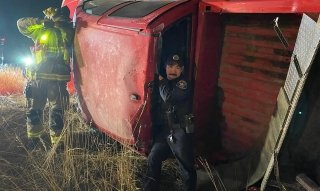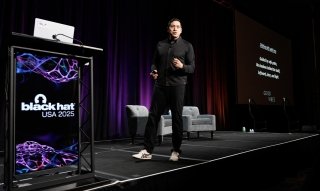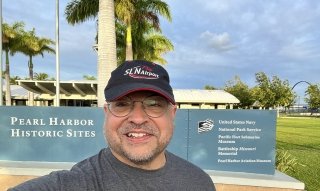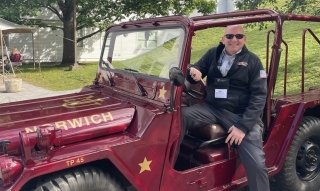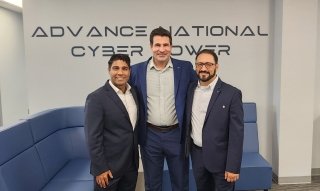Michael Blair
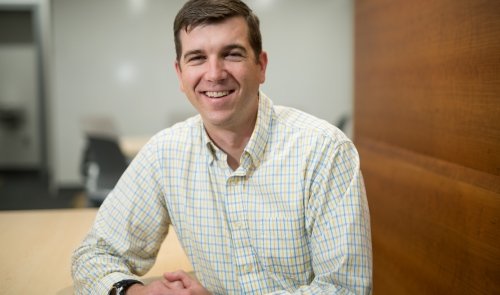
The leadership program was a natural fit as an officer in the Air Force, helping me become a better leader now and in future opportunities after the military.
Q: “Tell us about yourself.”
A: “I’ve been married for 19 years and have two kids. We enjoy all the seasons Vermont has to offer, but I especially enjoy skiing, which I have done since I was 3 years old. We have a large group of friends who regularly get together for potlucks. This has been a great addition to our social life that has helped us really make Vermont feel like home.”
Q: “Please describe your professional experience.”
A: "I was active duty Air Force for 12 years and spent a short time in the Reserves before joining the Vermont Air National Guard. I have flown the F-15E, F-16, and will soon fly the F-35. In addition to flying, I have served in various positions from scheduler to director of operations and currently as the inspector general for the Vermont Air National Guard.”
Q: “What was your motivation for pursuing your degree?”
A: “I had a unique opportunity to accomplish Air War College while also pursuing a master’s degree through Norwich. The leadership program was a natural fit as an officer in the Air Force, helping me become a better leader now and in future opportunities after the military.”
Q: “Why did you choose Norwich?”
A: “I had always heard of Norwich having grown up just a few hours away in New York. The military affiliation of the university makes it a unique institution, where values and standards are held high. My undergraduate degree is from the Air Force Academy and Norwich is similar in focusing on developing leaders with strong moral character and challenging students to the point that the toughest obstacles are not overwhelming.”
Q: “Did you have any uncertainties with choosing an online program?”
A: “I was skeptical of the online environment, but I quickly learned that there is as much, if not more value in an online program. Having to communicate through a written format versus occasionally participating in an on-campus discussion allows for more research and thought put into each response, thus increasing the learning for everyone involved.
I’ve heard on-campus classes can be full of opinion and conjecture. This was the biggest difference I saw as my wife was doing master’s work on-campus at another university while I was online, and this difference seemed to add to the value of the online environment.”
Q: “Please tell us about a time(s) in which you could put your knowledge gained in the classroom to work immediately at your job.”
A: “I had to facilitate a difficult conversation at work that had a lot of emotion tied to it, which related to the emotional intelligence course. While I was able to use what I learned, I was happy to see that I had the self-awareness that I did not have all the tools for the conversation and brought a licensed clinical social worker into the conversation. EQ’s focus is on self-awareness and this was my first big use of EQ at work.”

